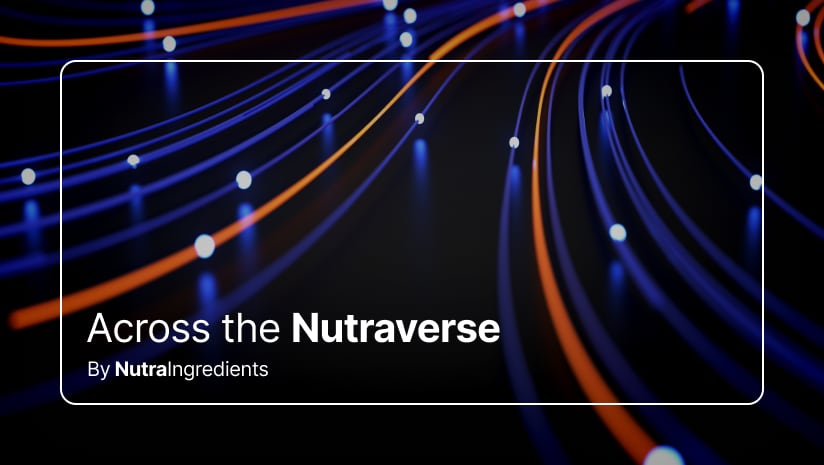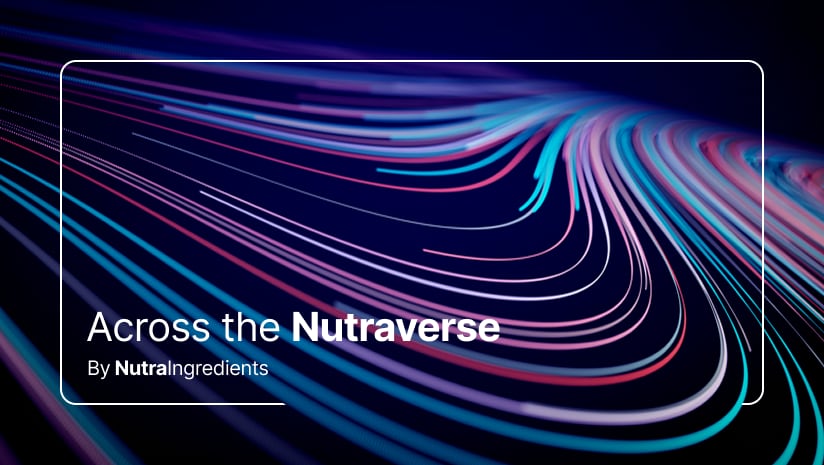Last week’s big news included the notable acquisition of The Akkermansia Company by Danone, IFF’s new report exploring the outlook for GLP-1 consumers, and Danone tapping it’s Singapore-based A.I. capabilities for healthy aging.
Danone acquires The Akkermansia Company
Belgium-based The Akkermansia Company has been acquired by Danone as the global food company looks to invest further in gut health and next-generation biotic science.
The Akkermansia Company’s core product is a pasteurized Akkermansia muciniphila MucT, a next-generation biotic that has been found to reinforce the gut barrier, reduce inflammation and help manage obesity, diabetes and cardiovascular diseases.
The decision represents Danone’s shift to prioritize gut health, an increasingly popular area of focus thanks to its growing recognition for its role in overall well-being and prophylactic properties.
“We are very excited about becoming part of the Danone family. It provides us with the resources to accelerate global growth of the pasteurized Akkermansia muciniphila MucT strain and develop our brands faster,” said Michael Oredsson, CEO of The Akkermansia Company, in a statement posted on the company’s LinkedIn page.“I am confident that with Danone we will move faster to our goal of giving billions of consumers the opportunity to benefit from improved metabolic health offered by Akkermansia,” added Professor Willem DeVos, Chief Technology Officer and co-founder of The Akkermansia Company. Prof. DeVos discovered Akkermansia.
IFF explores outlook for GLP-1 consumer
Global ingredients supplier IFF recently released a report that paints the current GLP-1 consumer landscape. The rise of GLP-1 medications has significantly impacted consumption, and if brands don’t get on board and capture the market share, they risk missing out on a golden opportunity, says IFF.
The biggest takeaway from the report, according to Mimi Sherlock, IFF’s VP of consumer intelligence, is consumer desire for more nutrition from every product. She added that the current calorie-counted and “better-for-you” offerings that target traditional dieters don’t speak to consumers who have medically-altered appetites.
“We found the positioning of many products to be out of sync with the GLP-1 consumer experience,” she said.
“Brand messages around the traditional dieting tropes of willpower, restriction and guilt-free indulgence don’t resonate with consumers whose physiology and emotional relationship with food have fundamentally altered. Without updated messaging that acknowledges this new reality, brands risk losing trust.”
Danone taps Singapore lab’s AI, digital capabilities to advance healthy aging
Danone is tapping the artificial intelligence (AI) and digital capabilities of its Singapore’s D-Lab to develop health screening tools and nutrition solutions for supporting healthy ageing.
The idea is to promote early and more health screenings among consumers, in order to address nutritional deficiencies early with proper nutrition.
“Adherence to nutritional intervention is key. By being able to show the impact that nutrition has on their health, consumers will tend to take a nutritional product longer and this also leads to better impact over time. So it’s both screening and monitoring tools that we are working on,” Agathe Foussat, director, Digital Health & OneBiome, Medical and Nutritional Science, Precision Nutrition D-Lab, Research and Innovation at Danone told us.
This research will take place in the Danone Digital-Lab (D-Lab) housed in Singapore.
This marks a new phase in the company’s research and development work in D-Lab which was set up back in 2018 to focus on early life nutrition.
The idea is to tap on the company’s success in using AI and digital science in developing health screening tools for infants to developing products for the growing ageing population globally.





